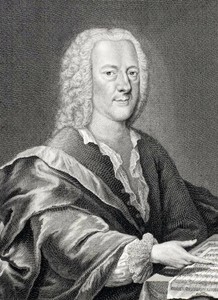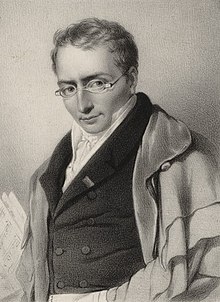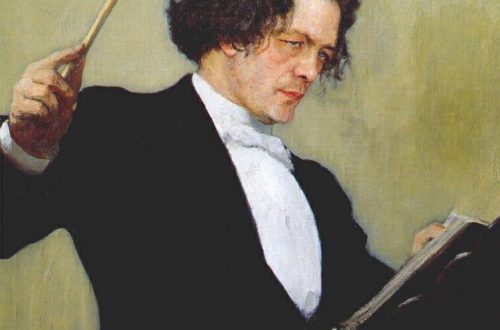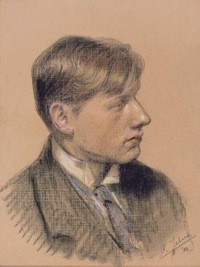
Georg Philipp Telemann |
Georg Philipp Teleman
Telemann. Suite a-moll. “Judicial”
Whatever our judgment of the quality of this work, one cannot help but be amazed at its phenomenal productivity and the amazing vivacity of this man who, from the age of ten to eighty-six, writes music with tireless zeal and joy. R. Rollan

Although we are now unlikely to share the opinion of H. F. Telemann’s contemporaries, who ranked him higher than J. S. Bach and not lower than G. F. Handel, he was indeed one of the most brilliant German musicians of his time. His creative and business activity is amazing: the composer, who is said to have created as many works as Bach and Handel combined, Telemann is also known as a poet, a talented organizer, who created and directed orchestras in Leipzig, Frankfurt am Main, who contributed to the discovery Germany’s first public concert hall, founding one of the first German music magazines. This is not a complete list of activities in which he succeeded. In this vitality and business acumen, Telemann is a man of the Enlightenment, the era of Voltaire and Beaumarchais.
From an early age, success in his work was accompanied by overcoming obstacles. The very occupation of music, the choice of her profession at first ran into the resistance of her mother. Being a generally well-educated person (he studied at the University of Leipzig), Telemann, however, did not receive a systematic musical education. But this was more than offset by the thirst for knowledge and the ability to creatively assimilate it, which marked his life right up to old age. He showed lively sociability and interest in everything outstanding and great, for which Germany was then famous. Among his friends are such figures as J. S. Bach and his son F. E. Bach (by the way, Telemann’s godson), Handel, not to mention less significant, but major musicians. Telemann’s attention to foreign national styles was not limited to the then most valued Italian and French. Hearing Polish folklore during the Kapellmeister years in Silesia, he admired its “barbaric beauty” and wrote a number of “Polish” compositions. At the age of 80-84, he created some of his best works, striking with courage and novelty. Probably, there was no significant area of creativity of that time, which Telemann would have passed by. And he did a great job in each one. So, more than 40 operas, 44 oratorios (passive), over 20 annual cycles of spiritual cantatas, more than 700 songs, about 600 orchestral suites, many fugues and various chamber and instrumental music belong to his pen. Unfortunately, a significant part of this heritage is now lost.
Handel was amazed: “Telemann writes a church play as quickly as a letter is written.” And at the same time, he was a great worker, who believed that in music, “this inexhaustible science cannot go far without hard work.” In each genre, he was able not only to show high professionalism, but also to say his own, sometimes innovative word. He was able to skillfully combine opposites. So, striving in art (in the development of melody, harmony), in his words, “to reach the very depths”, he, however, was very concerned about the understandability and accessibility of his music to an ordinary listener. “He who knows how to be useful to the many,” he wrote, “does better than the one who writes for the few.” The composer combined the “serious” style with the “light”, the tragic with the comic, and although we will not find Bach’s heights in his works (as one of the musicians noted, “he did not sing for eternity”), there is a lot of attractiveness in them. In particular, they captured the composer’s rare comic gift and his inexhaustible ingenuity, especially in depicting various phenomena with music, including the croaking of frogs, the rendering of the gait of a lame man, or the hustle and bustle of the stock exchange. In the work of Telemann intertwined features of baroque and the so-called gallant style with its clarity, pleasantness, touching.
Although Telemann spent most of his life in various German cities (longer than others – in Hamburg, where he served as a cantor and music director), his lifetime fame went far beyond the borders of the country, reaching Russia as well. But in the future, the composer’s music was forgotten for many years. The real revival began, perhaps, only in the 60s. of our century, as evidenced by the tireless activity of the Telemann Society in the city of his childhood, Magdeburg.
O. Zakharova





